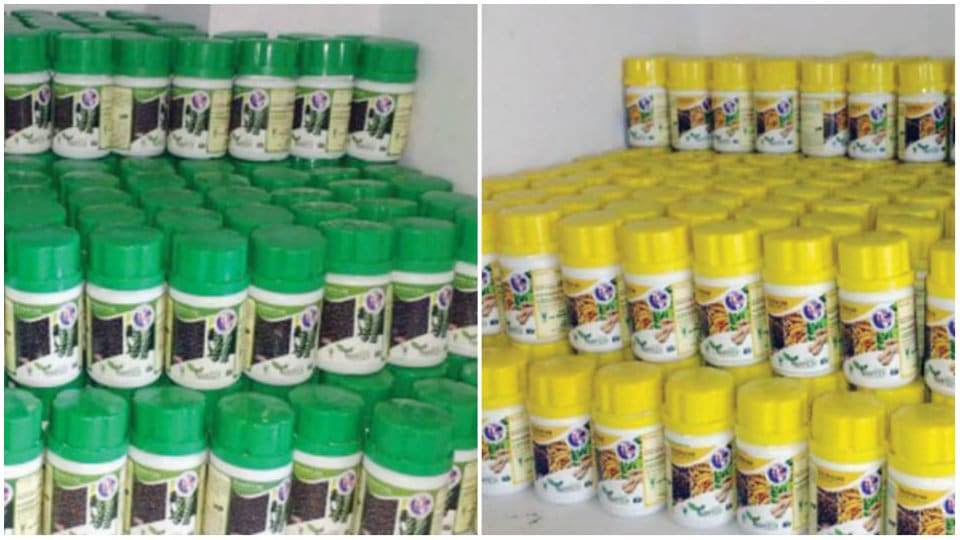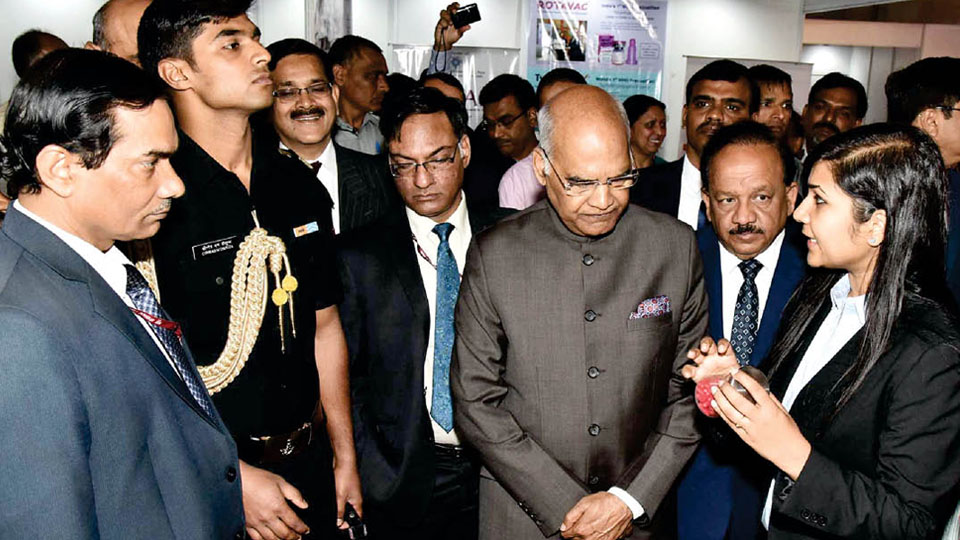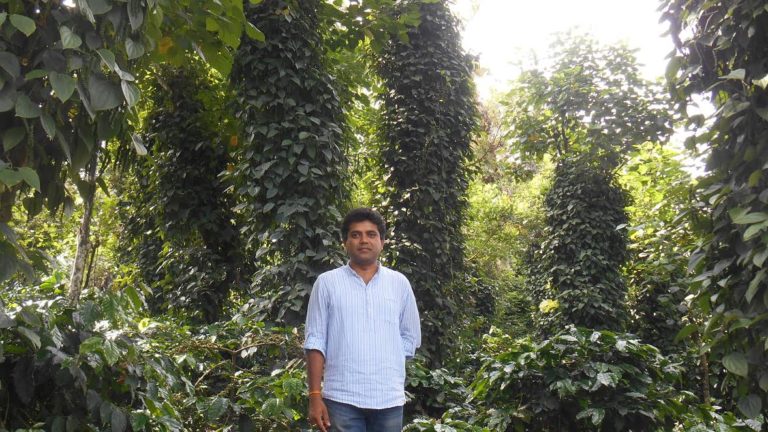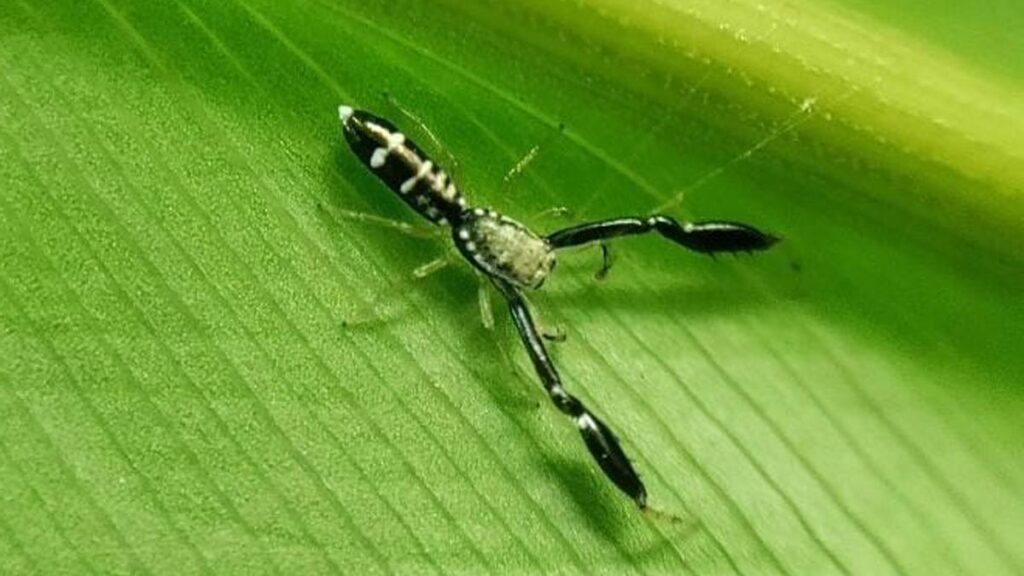During the monsoon season, Kodagu’s unique culinary traditions involve dishes prepared with local ingredients like bamboo shoots and Justicia Wynaadensis leaves, reflecting a rich heritage aimed at maintaining health and body temperature.
The chilly weather and hard work in the farmlands demand that one stay healthy, leading to unique dishes being prepared during this period in ancestral times.Photo | Express
Madikeri :
Known to be an agricultural district, farming activities engulf Kodagu during the monsoon months. The chilly weather and hard work in the farmlands demand that one stay healthy, leading to unique dishes being prepared during this period in ancestral times. The indigenous cuisine acts as a natural nutrient supplement, helping the natives maintain body temperature during the chilly and moist weather. While agricultural activities have seen a gradual decline across the district in the recent past, the ancestral fare still make up a large part of the monsoon diet in Kodagu.
The district has a special vibe during the monsoon, and a stroll down any town road introduces one to unique items being sold on the streets. Natives from interior parts of the village turn street vendors and source natural resources available in plenty across the estates and forest fringes of the district, which they sell locally.
The wares vary from the traditionally made bamboo skep (to help clothes dry using charcoal heater) by the roadside in Madikeri, to natural products — a line of women wearing raincoats selling bamboo shoots, colocasia leaves, crabs, bracken fieldheads and leaves known as Justicia Wynaadensis or ‘maddu thoppu’ during the monsoon months from June to August. These locally sourced items make up for unique dishes that are prepared in all Kodava houses, and are now also being followed by all communities in the district.
“July 15 to August 15 is ‘Kakkada’ month in the Kodava calendar,” explained Ulliyada Dati Poovaiah, ex-president of Kodava Sahitya Academy. This month is synonymous with ‘Ashada’ month for Kannadigas, which is considered inauspicious. As the ancestors were busy with field work during this month, no auspicious events were hosted. Extreme weather conditions with heavy rainfall and gusty winds also stopped people from moving out of the safety of their houses, leading to ‘Kakkada’ month being considered inauspicious for any public or private gatherings.
“Kodagu used to receive the highest rainfall during ‘Kakkada’, yet people had to be involved in paddy cultivation for a living. Nevertheless, to ensure that one stayed healthy during the extreme weather conditions, special dishes found their way to the plate. All the dishes prepared during this month maintain body temperature, even as they keep other diseases, including pneumonia, at bay,” explained Dati.
Bamboo shoots are the highlight of the monsoon season and are sourced from within estates.Photo | Express
Bamboo delight
Bamboo shoots are the highlight of the monsoon season and are sourced from within estates. Bamboo shoot curry makes up a large part of the monsoon diet, even as indigenous mushrooms with high protein content take over banquet tables in Kodava houses. “The special dishes prepared during the monsoon ensured one’s good health. This ancestral ritual is now being followed every year with Kodava organizations hosting ‘Kakkada’ food fests to continue the ritual,” shared Kannanda Kavitha Bolappa, president of Madikeri Kodava Samaja Women’s Wing. She explained that all naturally available produce, including black nightshade leaves, Senna Alata aka ringworm leaves, raw mangoes and other veggies grown in the backyard along with country chicken, formed the ingredients of a rich diet during monsoon.
The highlight of the month’s special cuisine is the dishes prepared from Justicia Wynaadensis leaves that are popularly known as the ‘maddu thoppu’ (medicinal leaves). Kodavas, and today residents from other communities, believe that the Justicia Wynaadensis plants that grow in abundance across the district, attain their highest medicinal value on the 18th day of the Kakkada month. ‘Kakkada Padinet’ (padinet translating to 18th day) is celebrated and sweet dishes are prepared using the juice extracted from the Justicia Wynaadensis leaves. Besides this, mushroom, country chicken, bamboo shoots, freshwater fish, raw mango curry and other indigenous veggies are prepared for this special day.
“Earlier, farm work including cultivation and harvesting was done by owners of the land. Each family helped the others in cultivating the land. Entire stretches of farmland used to be cultivated by land owners, with help from other land owners, and after the farm work was done, a banquet would to be arranged. It largely included items that ensured balance of body temperature and good health during the chilly months,” explained Dati.
What started as a requirement has continued as a tradition, with residents from all other communities indulging in a rich diet with unique dishes prepared during monsoons in Kodagu.
source: http://www.newindianexpress.com / The New Indian Express / Home> Good News / by Prajna GR / August 11th, 2024
